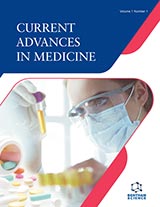Abstract
Effective pulmonary host defense is orchestrated by complex interactions between pulmonary surfactant and alveolar macrophages. Pulmonary macrophages fulfill diverse roles in surveillance and inactivation of inhaled pathogens and in regulating surfactant homeostasis. Pulmonary surfactant proteins have innate protective activity and influence macrophage function. Mutations in genes that alter surfactant proteins, surfactant production or catabolism in the lung have been linked to human disease and are associated with abnormal macrophage function or alternative activation of pulmonary macrophages. Manipulation of the analogous genes in transgenic and gene targeted mice replicate aspects of macrophage related pulmonary disease. The genetic mouse models have been used to investigate the molecular pathogenesis and progression of acute and chronic lung disease of infancy, familial interstitial lung disease and pulmonary alveolar proteinosis.






















